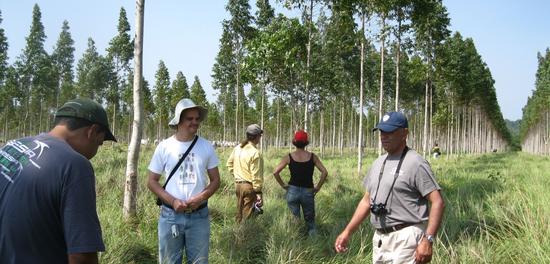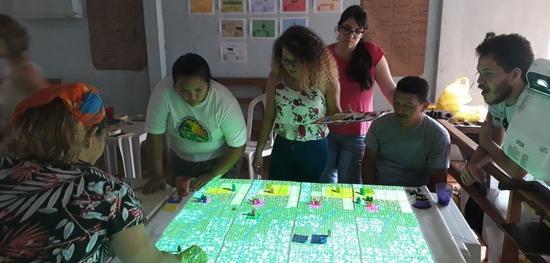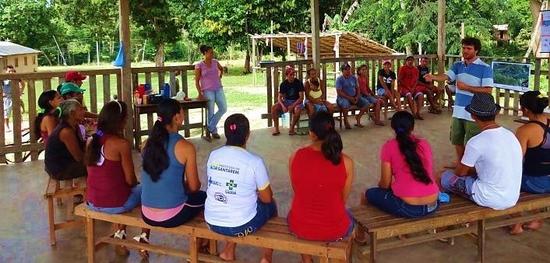ODYSSEA is a 4-year project funded by the European Community within the MSCA RISE action in the frame of the Horizon 2020 programme financially supporting European mobilities to Brazil. It gathers various Brazilian and international networks to better respond to the challenges of sustainable development by supporting public policies on social, health and environment issues in the Brazilian Amazon.The project is based on a partnership with the National Institutes of Science and Technology (INCT), in particular with INCT ODISSEIA, coordinated by UnB. This skills pool is a unique opportunity to capitalize knowledges and how-know concerning the different factors on environment-society interactions in Amazonas. ODYSSEA is built around 35 bilateral cooperation research projects between Europe and Brazil.
Reinforcing interdiciplinarity and interactions between science and society
- ANALYSING retrospectively socioenvironmental interactions
- EXPLORING adaptation strategies with stakeholders
- CO-CONSTRUCTING scenarios promoting public policies for sustainability
Interdisciplinarity and participatory research
The main challenge is to develop a relevant monitoring system and a set of indicators at the landscape level that enables assessing ecosystems and the state of natural resources, as well as evaluating the consequences and impacts of the actors' practices and governance arrangements, in terms of environment, well-being and health. To address this challenge, we bring together scientists from environmental and social sciences to work together and with local actors and decision-makers.
Fomenting local stakeholders appropriation
How to create a sense of ownership of research by the local communities?
- Thinking observation for environmental public policy evaluation,
- Elaborating analyses to support territory and landscape management,
- Crossing knowledge adquired both on terrestrial and aquatic ecosystems,
- Building a common representation of socio-environmental contexts,
- Building the observatory products with local stakeholders,
- Sharing with a large audience public.






